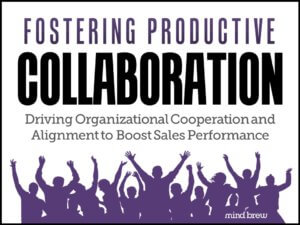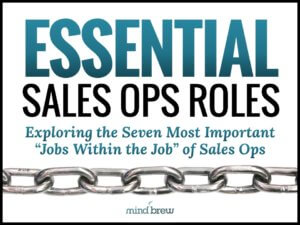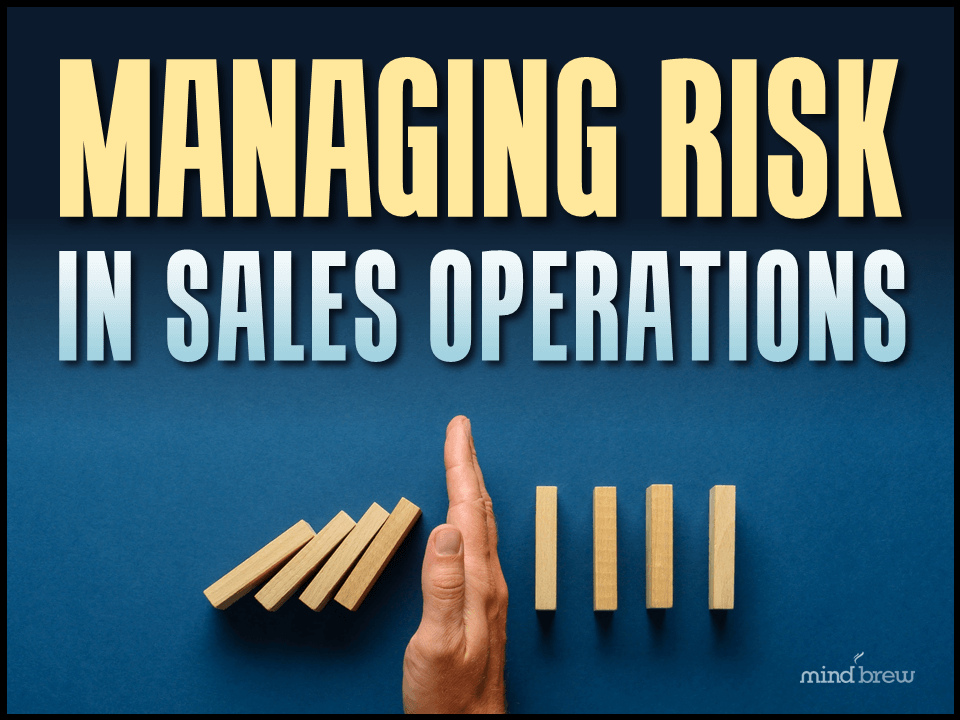When we ask teams to tell us how the sales ops role came into being at their company, we usually hear a story that goes something like this:
Well, we really needed someone to be responsible for keeping the CRM up to date. And I knew the software the best, so I got the job. Then, because I was already spending so much time with the CRM, it just became natural for me to do the reports. And then they added on the forecasting.
And then the job was getting too big for one person, so they hired a second person and called us the sales ops department. But then they kept finding more things for us to do—like doing estimates for certain kinds of jobs, updating presentations and collateral, onboarding new hires, and providing some customer training. We do a few other things too. Seems like every time we add more help, they find more for our team to do.
Sound familiar?
Having a lot of different responsibilities isn’t necessarily a bad thing. It can mean that the organization values your team’s contribution and regularly assigns you new tasks when they need to make sure something gets done right.
Unfortunately, it can also mean that sales ops can get the blame (often unfairly) when something falls between the cracks.
To combat this problem, sales ops can take a cue from air traffic controllers.
You might be surprised to learn that even with all of today’s modern technology, the people in charge of keeping planes from hitting each other often rely on a surprisingly low-tech method to track who is responsible for which airplane. They use little strips of paper, called flight progress strips to visually designate which controller has responsibility for which plane at any given time. When responsibility moves from one controller to another, they physically hand over that little slip of paper.
The best B2B sales ops teams are just as specific when it comes to delineating responsibilities. They clearly establish—in writing—what the sales ops team is responsible for (and what it isn’t responsible for).
For those things they are responsible for, they clearly establish which member(s) of the team will handle each specific thing. Some even go as far as to print up small posters that individuals can hang next to their work areas to remind them about what they need to do.
These kind of checklists and visual reminders might seem a little silly, but it’s a great way to keep your team on track. It also gives you defense if someone tries to blame your team for something it doesn’t do.
It can also highlight if your team is currently doing something that isn’t the best use of your time. Sales ops can be a tremendously powerful force within your organization, so you want to make sure you are spending your energy on as much necessary, strategic work as possible, rather than completing busy work that isn’t really all that helpful.
We cover these ideas in more depth in a pair of webinars: Fostering Productive Collaboration and Essential Sales Ops Roles If you’re concerned that your workload might have become too sprawling and diverse, the tips in these resources can help you get back to essentials.
With the right focus and clearly defined responsibilities, your team will be far less likely to get blamed for things that go wrong. And you’ll be in the best position to take credit for all the things that your team is doing well.












